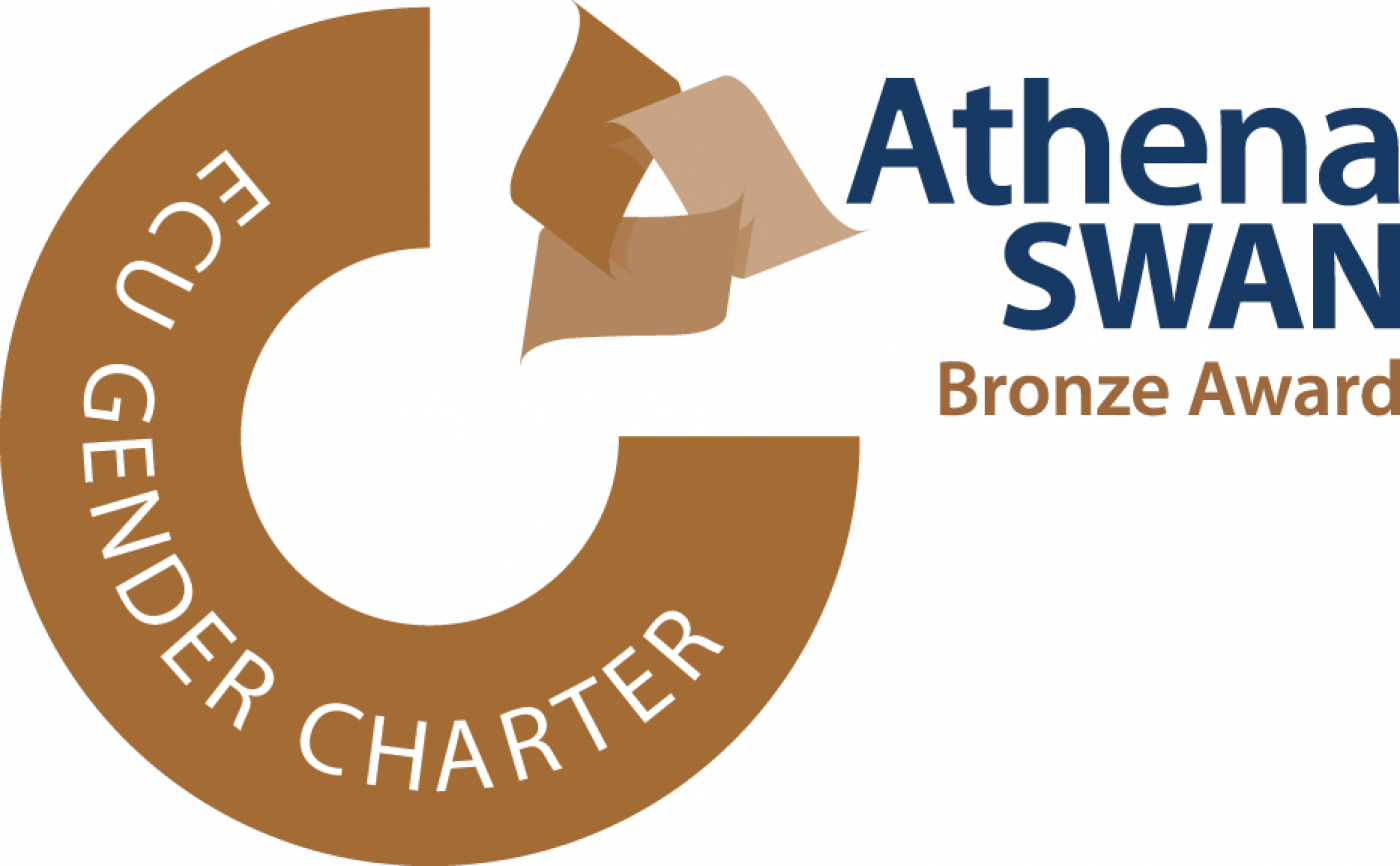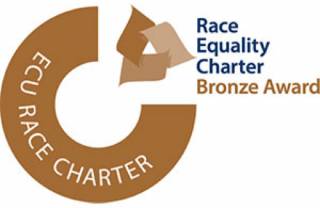This research study aims to construct and test a Patient Related Experience Measure for people with end stage kidney disease.
Dr Joe Low - Senior Research Fellow Supporting Dr Helen Alston, Clinical Research Fellow undertaking PhD at UCL centre for nephrology.
In collaboration with Dr Aine Burns, Royal Free Nephrology team
Chronic Kidney Disease (CKD): Through the department's links with the Royal Free Nephrology team (Dr Aine Burns), we have previously been successful in obtaining two grants looking at the experience of patients (with CKD stage 5) being conservatively managed and the close persons caring for them. Following from this work Dr Joe Low has been invited to support Dr Helen Alston, a Clinical Research Fellow who is doing a PhD on distress in CKD patients in collaboration with Dr Aine Burns, Royal Free Nephrology team.
WP 2.2 - Conversation analysis of communication with the relatives of patients in a hospice
WP2.2 involves an investigation of how clinicians communicate prognosis (and uncertainty) to relatives, using conversation analytic research on recordings of real life communication episodes [52]. This underpinning work will be performed in anticipation of informing a communication skills intervention in the future (for which external funding will be sought).
Research Background: The term "prognosis" relates to clinicians' ability to predict how long patients will survive. Healthcare professionals' estimates are not very accurate. Patients and family members value accurate prognostic information. Knowing the likely length of survival provides both groups with opportunities to say goodbye and ensure unfinished business is attended to. This is especially important at the end-stage of life when it is often the relatives of patients who wish to have this accurate prognostic information communicated to them sensitively. Current research is limited as the focus has mainly been to explore communicating prognostic information with patients earlier in their disease.
Aim: To understand how prognostic communication is communicated by 'expert' healthcare professionals to the relatives or friends of in-patients admitted to a specialist palliative care unit and identified as being near the very end of life. The findings will help develop guidelines, teaching materials and future intervention for inexperienced doctors to improve their communication skills with family members of patients in similar circumstances.
Method: Thirty naturally occurring conversations between clinicians and relatives will be audio-recorded at the point when prognostic information is discussed. This will occur in a specialist in-patient unit. These recordings will be analysed using a specialist technique known as Conversation Analysis (CA), a well-established research method for generating underpinning knowledge about the structure and functioning of communication behaviour (Drew et al, 2001).
Timetable: Preparation work is currently underway to get the appropriate research governance approval. We will also be recruiting a PhD student who will be responsible for collecting data and managing the study.
For more information please contact: Joe Low
Investigators:
| PI: Paddy Stone | Marie Curie Palliative Care Research Department (MCPCRD), UCL |
| Joe Low | MCPCRD, UCL |
| Dori-Ann Finlay | Marie Curie Expert Voices |
| Steven Bloch | Division of Psychology and Language, Science, UCL |
| Ruth Parry | Faculty of Medicine & Health Sciences, University of Nottingham |
| Adrian Tookman | Marie Curie Hospice, Hampstead |
| Philip Lodge | Marie Curie Hospice, Hampstead |
 Close
Close




